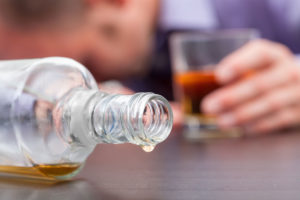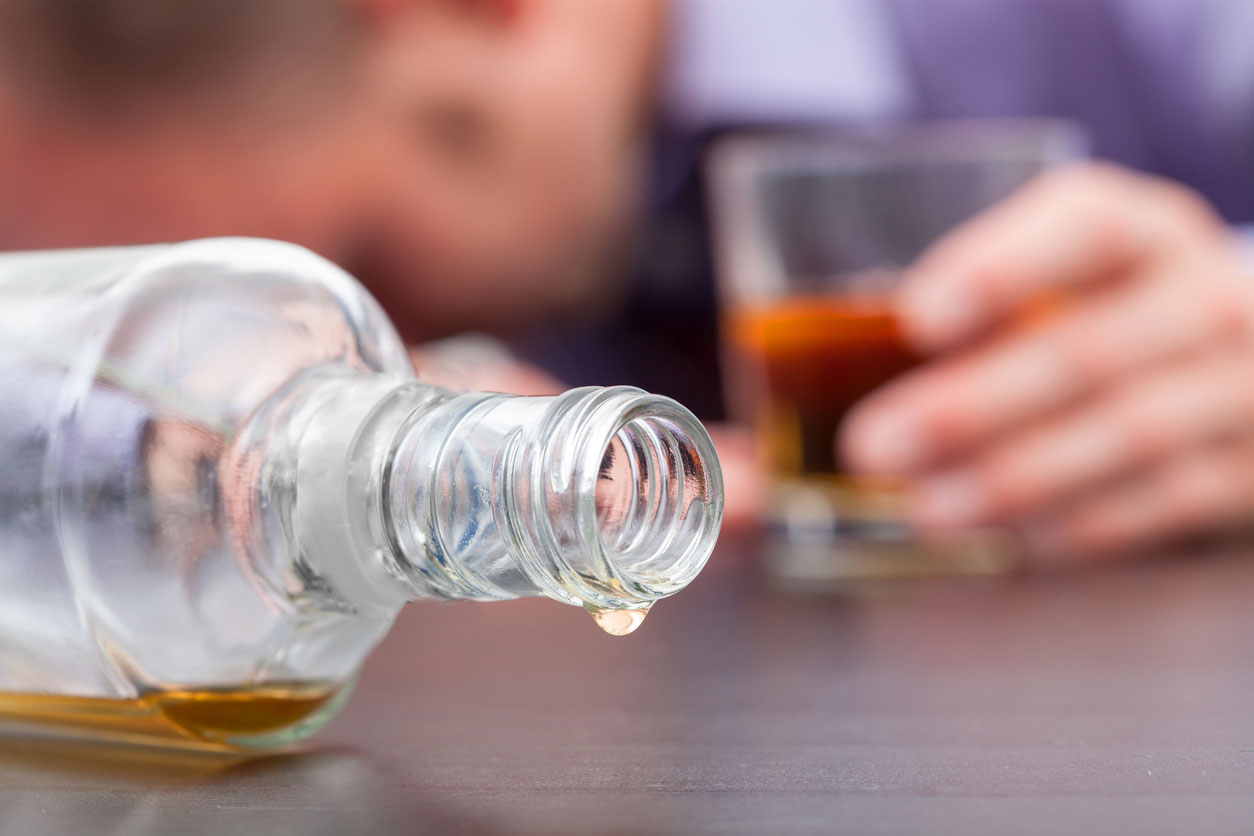
The Andy Griffith Show continues to draw audiences from a wide range of demographics, even adolescents and young adults who never saw the show during its heyday. In many of the show’s episodes, town drunk Otis would arrive at the police station and lock himself up for public intoxication. Although the ongoing bit was worth hearty laughs, the fact remains that public intoxication is no laughing matter
Public intoxication charges, which also go by the legal phrase “drunk and disorderly,” represent legal charges that allege an individual was under the influence of drugs or alcohol in a public space, such as a park or street corner. Most state and local laws deem public intoxication to be worthy of misdemeanor crime charges. Public intoxication laws intend to prevent people from disrupting other people in public spaces, as well as ensure intoxicated individuals do not hurt himself or herself. The primary goal is to remove the drunk and disorderly person in the most subtle manner possible.
Elements of a Public Intoxication Charge
Most public intoxication laws originate at the state and local level, with two common elements included as legal language for public intoxication statutes.
- You appear drunk or intoxicated
- You are located at a public space
The second criterion has come under legal scrutiny, as a growing number of municipalities want to expand the definition of “public” to include privatively run venues such as arenas and shopping malls. Many states have added legal language that requires prosecutors to prove an individual was out of control enough to present a danger to others as well as himself or herself. If you leave a bar or restaurant displaying lewd and /or aggressive behavior, you run the risk of spending the night in jail. Many states do not require law enforcement to prove you were intoxicated, just that you demonstrated behavior that made it seem you were drunk.
Public Intoxication Defenses
If you receive a public intoxication charge, an experienced criminal defense attorney might be able to raise one or more defenses. The most common defense strategy is to attribute your loud and boisterous behavior to excitement caused by a sports team winning a big game or in response to a large celebration. Another common defense involves your attorney arguing no public intoxication statutes are on the legal books. States such as Nevada, Montana, and Missouri do not criminalize public intoxication. While Milwaukee allows people to act drunk in public, virtually every other municipality in Wisconsin prohibits such behavior. Moreover, the public versus private location debate has emerged as another common defense tactic to defend public intoxication charges. A growing number of courts have ruled that intoxication at sporting events should be considered a private issue between the drunk and the owner of the venue.
Know Your Legal Rights
Far too many people yield to public intoxication under the false pretense that they cannot do anything about the allegations. However, an attorney who has amassed considerable experience defending public intoxication cases can help you by ascertaining whether you violated a specific law, as well as determine if the arresting law enforcement officer followed the law.
Public intoxication convictions rarely cause you to spend a lengthy amount of time in jail. However, the conviction appears on your criminal record and even though it is only considered a misdemeanor, a public intoxication conviction can cost you a job interview and create acute embarrassment for years to come.
Contact our criminal defense law firm today to schedule a free initial consultation with one of our licensed attorneys.
